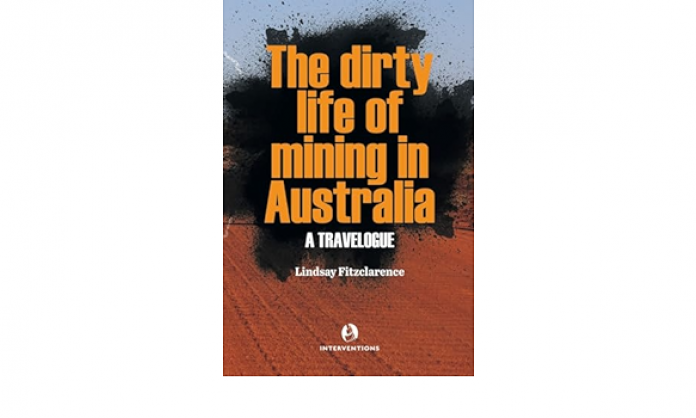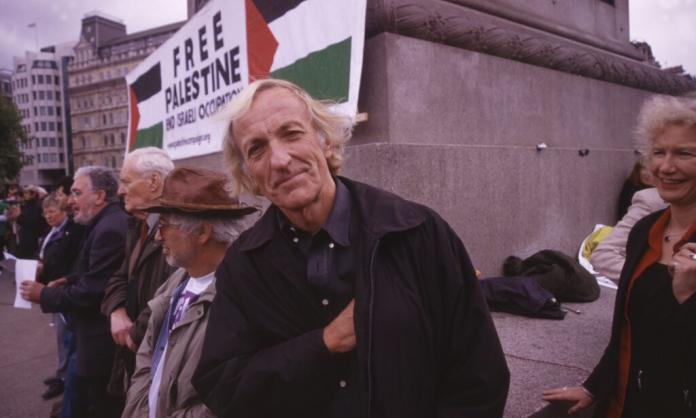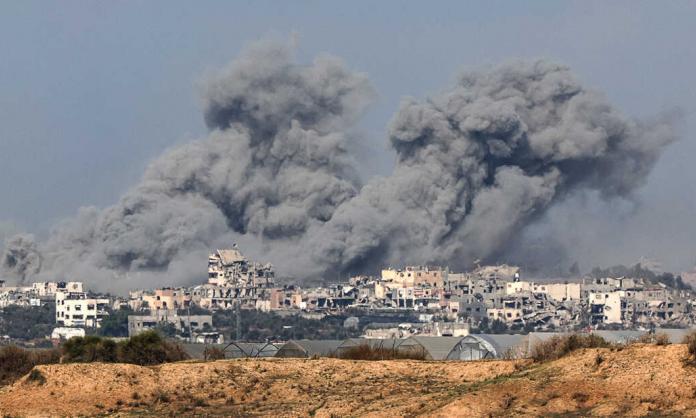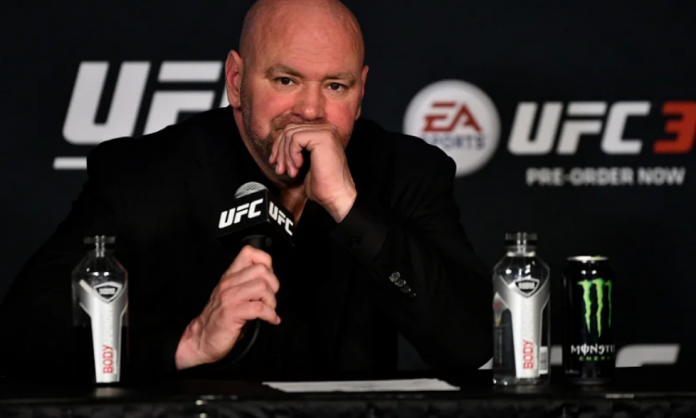“Both my parents were factory workers, migrants to this country. That history and that understanding is crucial to me and it’s crucial to the way I understand what I do as a writer.” Christos Tsiolkas, playwright, essayist, screenwriter and award- winning novelist, speaks quietly but emphatically. The audience, who’ve braved a chilly winter afternoon to hear Christos speak about class and culture at Trades Hall listen, rapt.
“I think the fact that I was fortunate, through the work of my parents, to have an education, to be able to read and write, is just something that I can never take for granted – and my parents never had that opportunity. So it feels to me that I would be shitting on that heritage if I didn’t keep class and the understanding of working class culture at the forefront of my thinking.
“At the same time, I feel it would be a lie to call myself working class. I work as a writer, I went to university, and I inhabit a bourgeois world. I think that’s the tension that I keep wanting to explore in my writing as well.”
It’s a tension always evident in Tsiolkas’s work – from the raw energy of Loaded, his first novel, which chronicles a sex and drug-fuelled day in the life of Ari, a 19-year-old gay man from a Greek migrant family, to the pressure cooker atmosphere of his latest novel The Slap – a panoramic view of a schism between a middle class group of family and friends after an incident at a suburban barbecue.
And it’s a tension that Tsiolkas has acknowledged and explored in his essay “The toxicity of smugness”, published in Left turn: political essays for the new left, where he decries the use of terms like “bogan”, “aspirational” and “redneck”, and argues that “The toxicity of progressive bourgeois smugness can be ascertained by how contemptuous is the language used to define the behaviour and expressions for working-class and welfare-class lives.”
The genesis of that essay came from Christos’s own experience. “I was just increasingly distressed by how people around me – and as I said, now I inhabit a really bourgeois world – were using the term ‘bogan’ as a shorthand to dismiss a whole class of people.”
But can class conscious writers and literature be an antidote to this toxicity? And what chance do we have of seeing a genuine revival of radical, working class culture?
These are the questions that preoccupy the audience of socialists, activists, students, teachers, unionists and young writers who’ve come to hear Christos speak.
Hearing more working class voices in literature is important, but Christos believes that “writing these characters is not enough – I think it’s also about involving yourself in debates, in culture, in an active political way.”
Christos talks about the issues that are important to him, “the questions of refuge and asylum, the question of the conditions for working people, the demonisation of Aboriginal people, of working mothers”, but he says that, thinking back to when he was a teenager, it was always clear that writing, not activism, was his path.
“I was involved in the Campaign for Nuclear Disarmament through Resistance, a socialist group, and I do remember this wonderful older woman turning to me at one point – because I’d come reeking of alcohol and high on speed – and she said ‘you’re too hedonistic to be a good activist!’”
Despite this, he later became a shop steward at the Australian Centre for the Moving Image (ACMI), and experienced firsthand the difficulties of trying to organise arts workers who didn’t see themselves as workers at all.
His experiences as a worker and a unionist, as well as his earliest memories of childhood – “my Mum’s family were communists in Greece and that whole history of the left was part of my heritage as well” – fuel Christos’s commitment to promoting working class culture.
“There has been great working class literature produced in this country but I think there’s been a critical consensus that the literature we talk about in universities, the literature we talk about in The Age or The Australian is not that literature.”
He talks about the influence of modernism on his development as a writer, and about his Australian literary influences – particularly Rosa Cappiello’s Oh lucky country, Katherine Susannah Prichard’s Coonardoo, and Frank Hardy’s work.
Reading and talking about working class literature is, Christos believes, an antidote to the toxic smugness of middle class culture. And when a young teacher in the audience asks the final question about how overworked teachers and parents can instil a love of reading in school kids, Christos offers another strategy:
“Fight really hard to have an education system that is committed to educating working class youth… My Dad had two years of primary school education… every Thursday he’d get paid and he would go to a bookshop down the road in Richmond and get me two books.
“Because he didn’t know how to read English, sometimes it would be Mills & Boon, sometimes it would be Jaws, sometimes it would be Henry Miller, and it didn’t matter – he just wanted me to read. So one thing I would also say is, I don’t give a fuck about censorship, if someone wants to read, read whatever they want, because that’s how you learn to read…
“What is happening in education in this country is just abhorrent and that’s one of our political fights. That’s one of the things that, whatever arguments we have about what the left means, we can all agree on. That’s one of the battles.”









